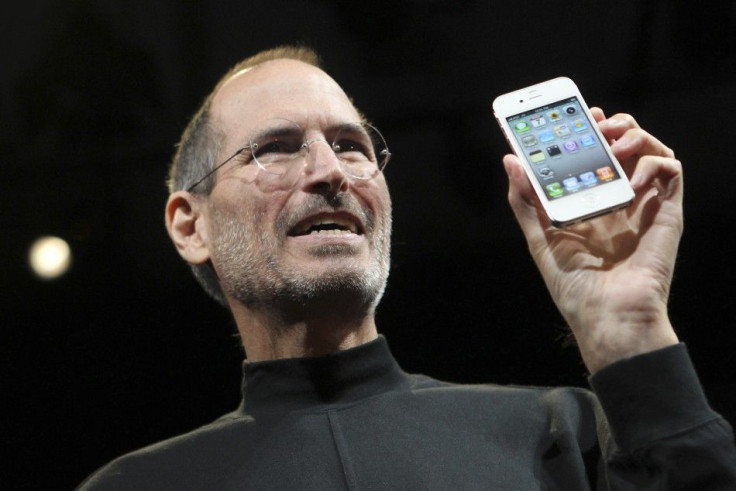Steve Jobs is a 'corporate dictator'; failure is anathema at Apple

Iconic and enigmatic tech visionary Steve Jobs is also a ‘corporate dictator’ who hates excuses from his senior executives, doesn't take kindly to any flop whatsoever and considers failure as anathema, according to new revelations.
In a feature that throws light into the inner workings of the world's most avowed tech company and its ailing but fiercely successful CEO, Adam Lashinsky has painted the picture of a man who virtually micro-manages the mammoth company and holds everyone accountable for anything that goes wrong with a product.
And there have been instances of Jobs using expletive-laden language to show his displeasure about product failures. He is a corporate dictator who makes every critical decision, and oodles of seemingly non-critical ones too, Lashinsky writes. He says senior Apple employees constantly brief their superiors or the bosses of their bosses on how to make presentations to Steve Jobs on aspects of various projects.
There is a clear line of vision and ideation that stem from Jobs and flow to all levels of Apple employees, according to the feature. Jobs thus makes sure his approaches to the design of any product is shared by all employees, although a vast chunk of Apple employees have never met him at all.
The linear structure is such that it makes sure no decision is taken without Jobs' approval, leading to an autocratic culture within company, Lashinsky says in the Fortune magazine article.
The article reveals how Jobs lost his cool when revamped MobileMe suffered negative media review. Jobs sternly castigated the product executives, saying: You've tarnished Apple's reputation ... You should hate each other for having let each other down... Mossberg, our friend, is no longer writing good things about us.
He also used the 'F word', angered by the poor review the product got from The Wall Street Journal's Walt Mossberg, according to an AppleInsider report. Jobs then went on to disband the original team that revamped the service.
Jobs apparently likes to involve himself in every decision, major as well as minor. For example, Jobs had a say in the design of buses bringing employees to work and the food served in the cafeteria.
The article also suggests that Jobs is a highly secretive CEO. He holds a meeting of the top 100 executives every year at an undisclosed location. Paranoia is writ large over such meetings, with high-end technology used to clear the venue of any possible electronic bugs. There would also be TSA-style security screening for the participants.
© Copyright IBTimes 2024. All rights reserved.





















